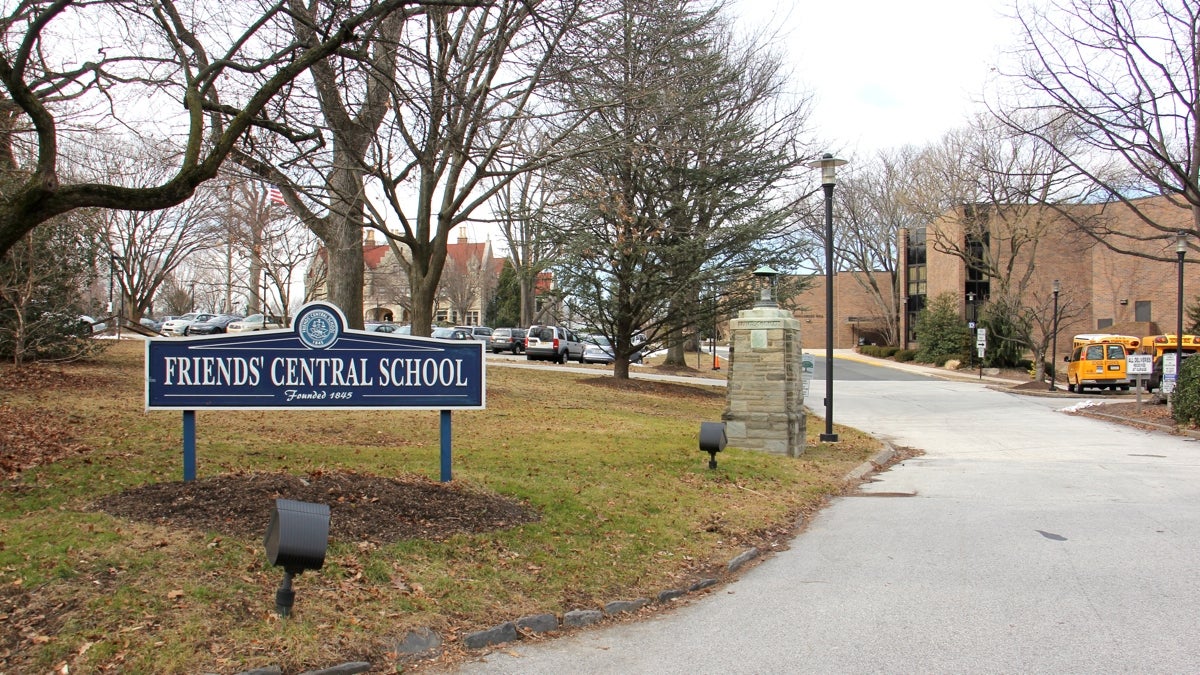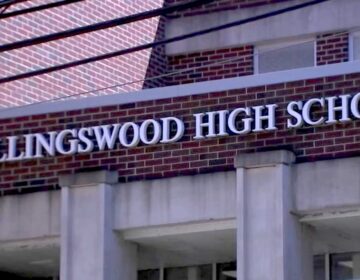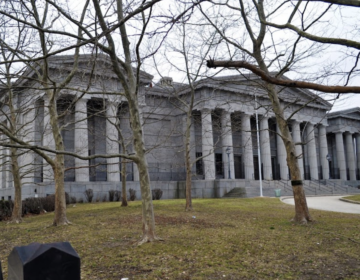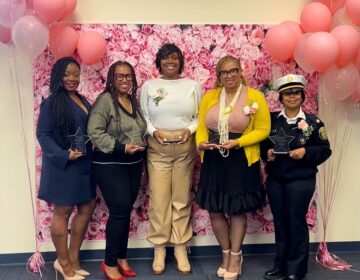Friends’ Central can’t keep hiding behind Quaker language

Friends' Central School in Wynnewood. (Emma Lee/WHYY)
Three weeks have now passed since Friends’ Central administration placed two faculty on leave for the offense of chaperoning students who confronted the school for cancelling a scheduled speech. The speaker in question was Dr. Sa’ed Atshan, a Palestinian Quaker, peace educator, and scholar who had planned to speak about his childhood growing up in the West Bank.
Soon after the suspension, Philip Scott — clerk of the board of trustees at Friends’ Central — defended the school’s ongoing suspension of the two teachers as follows: “I want to be clear, this is not a free speech issue.” As a Quaker who was educated in Friends’ Schools, I couldn’t agree more: This is not an issue of free speech. It’s an issue of cultural appropriation.
Despite immediate and ongoing outrage expressed by members of the larger Friends’ School community toward Friends’ Central for disinviting Dr. Atshan and punishing the teachers who helped facilitate his invitation, administrators continue to hide their mistakes behind Quaker language. In his only public statement about the faculty dismissal, Head of School Craig Sellers said the teachers disregarded “our guiding testimonies, which include community, peace, and integrity.”
Surely, as a Quaker educator Sellers knows that the testimonies he references were forged out of a spiritual community committed to egalitarian decision-making, nonviolent resistance, and the courage to stand for your convictions. Quaker testimonies are pillars of our non-hierarchical religious society, which has striven for centuries to achieve consensus-based decision-making and encourage mutual understanding in times of conflict.
A subsequent message from Sellers claims the school’s mistakes were merely process-related — another attempt to hide behind Quaker practice. The non-hierarchical nature of our religious faith inevitably leads to lengthy and sometimes convoluted process — whereas Friends’ Central is not burdened by a lack of hierarchy. Moreover, Quakerism (officially known as The Religious Society of Friends) is not the only faith being reduced by Friends’ Central administration’s comments. Friends’ Central’s earlier implications that the talk was canceled and teachers disciplined to protect the interests of Jewish families contradict the messages of many Jewish groups that advocate for BDS (Boycott, Divestment and Sanctions) and the equal human rights of Palestinians.
I attended high school with the un-invited speaker, Dr. Atshan, at Westtown School in Westchester, Pennsylvania. I was a fellow student, but I also held a unique perspective as the child of Westtown’s head of school at the time. As a living product of a Friends’ school community, I understand there are many moments when such an institution needs to prioritize its business needs over its spiritual community. Nevertheless a line needs to be drawn — a Quaker institution should not hide its business priorities behind Quaker spiritual language. Moreover if the business needs are imperative, they should not be obscured. Quakers can tell the difference between a testimony and a distortion. It’s time to reinstate the suspended teachers and apologize.
—
Kate Farquhar is a landscape designer and practicing Quaker in Philadelphia.
WHYY is your source for fact-based, in-depth journalism and information. As a nonprofit organization, we rely on financial support from readers like you. Please give today.




